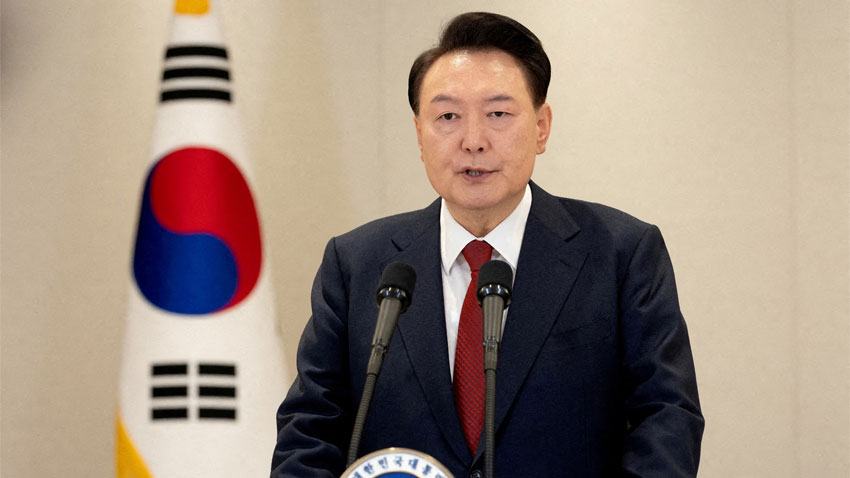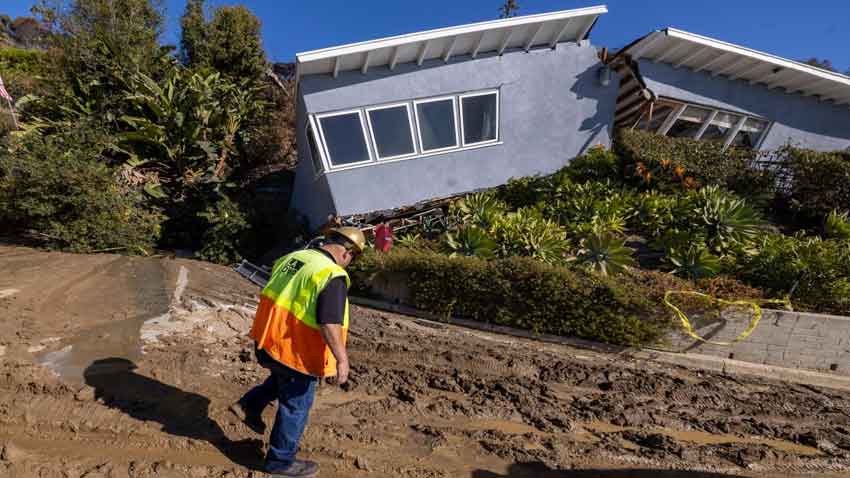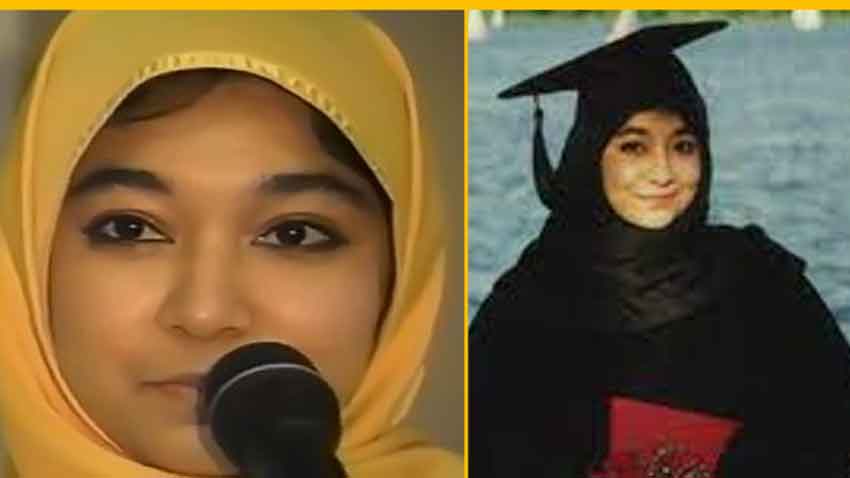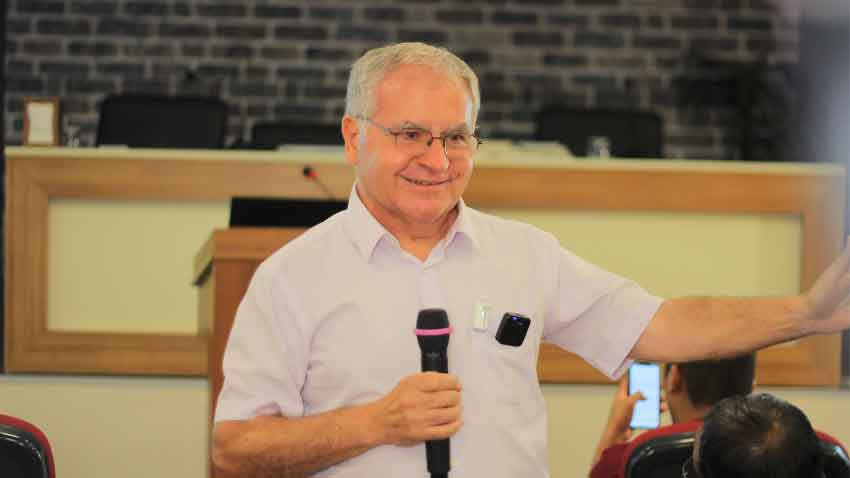
His arrest, the first ever for an incumbent president, is the latest head-spinning development for one of Asia s most vibrant democracies even though the country has a history of prosecuting and imprisoning former leaders.
Since lawmakers voted to stand him down after his short-lived declaration of martial law on Dec. 3, Yoon has been holed up at his hillside residence, guarded by a small army of personal security that blocked a previous arrest attempt.
A defiant Yoon said he submitted himself for questioning to avoid any violence after more than 3,000 police officers marched on his residence to arrest him from the early hours of Wednesday.
"I decided to respond to the CIO s investigation - despite it being an illegal investigation - to prevent unsavoury bloodshed," Yoon said in a statement, referring to the Corruption Investigation Office for High-ranking Officials (CIO) heading the probe.
Yoon was later seen leaving his residence in a motorcade and arriving at the CIO offices. Authorities now have 48 hours to question Yoon after which they must seek a warrant to detain him for up to 20 days or release him.
Yoon s lawyers have said the arrest warrant is illegal because it was issued by a court in the wrong jurisdiction and the team set up to investigate him had no legal mandate to do so.
Yoon s declaration of martial law shocked South Koreans, rattled Asia s fourth largest economy and ushered in an unprecedented period of political turmoil in one of Washington s key security partners in the region. Lawmakers voted to impeach him and remove him from duties on Dec. 14.
Separately, the Constitutional Court is deliberating whether to uphold that impeachment and permanently remove him from office or restore his presidential powers.
YOON SUPPORTERS
The latest arrest attempt that began before dawn gripped the nation with hundreds of thousands glued to live feeds showing bus loads of police arriving near the presidential residence, pushing past Yoon supporters and then walking towards the gates of the compound carrying ladders and wire cutters.
As local news broadcasters reported that Yoon s detention was imminent, some minor scuffles broke out between pro-Yoon protesters and police near the residence, according to a Reuters witness at the scene.
Throngs of those protesters gathered before dawn in sub-zero temperatures, some wrapped in foil blankets and others waving flags bearing "Stop the Steal" slogans referring to Yoon s unsubstantiated claims of election fraud - one of the reasons he gave to justify his short-lived martial law declaration.
Some of Yoon s supporters have drawn parallels with his plight and that of U.S. President-elect Donald Trump, who also claimed voter fraud contributed to his election defeat in 2020 but recovered to make a stunning political comeback.
"It is very sad to see our country falling apart," said Kim Woo-sub, a 70-year-old retiree protesting Yoon s arrest outside his residence on Wednesday.
"I still have high expectations for Trump to support our president. Election fraud is something they have in common but also the U.S. needs South Korea to fight China," he said.
Despite polls showing a majority of South Koreans disapprove of Yoon s martial law declaration and support his impeachment, the political standoff has given oxygen to his supporters and his People Power Party (PPP) has seen a revival in recent weeks.
Support for the PPP stood at 40.8% in the latest Realmeter poll released on Monday, while the main opposition Democratic Party s support stood at 42.2%, within a margin of error and down from a gap of 10.8% from last week, the poll said.




